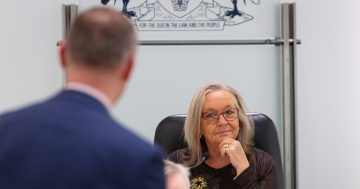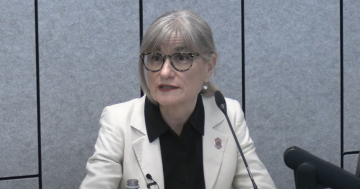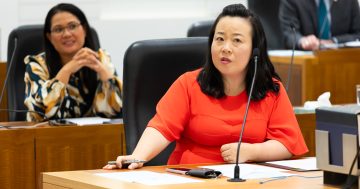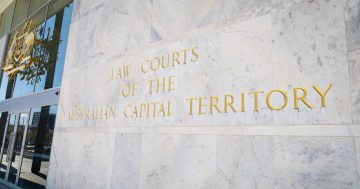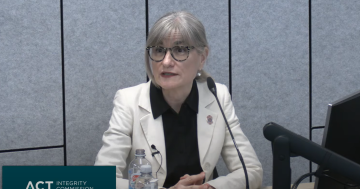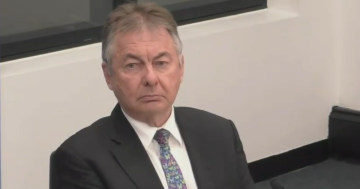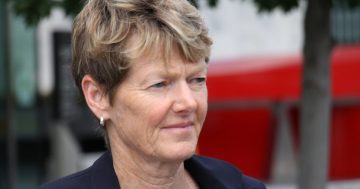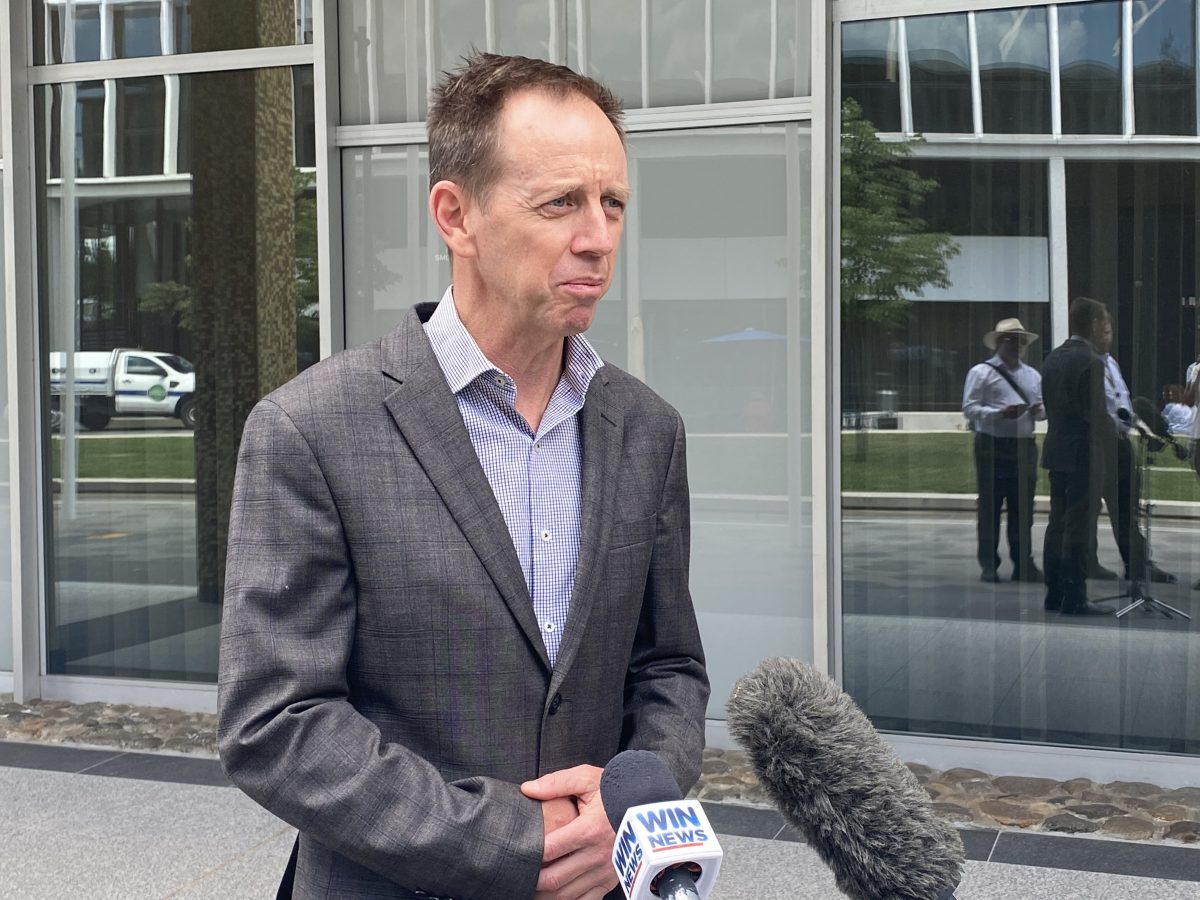
Attorney-General Shane Rattenbury addressed concerns the ACT Government was covering Katy Haire’s legal bill in her court battle against the Integrity Commissioner. Photo: Claire Fenwicke.
The ACT’s Attorney-General has revealed he knew about legal proceedings started by Education Directorate head Katy Haire against the Integrity Commissioner in September last year.
He addressed the issue as questions were asked about why the ACT Government is paying Ms Haire’s legal bills.
Mr Rattenbury confirmed the Supreme Court directed he be “invited to intervene” in the proceedings on behalf of the ACT Government as a “friend of the court”.
“I was served papers late on the 4th of September [2023]. I sought advice from the ACT Solicitor General, and on the basis of that advice, I decided on behalf of the ACT Government not to intervene on that matter,” he said.
Mr Rattenbury explained he concluded that there was no “particular role” for the ACT Government in the proceedings and informed the court about this on 7 September.
“The ACT Integrity Commission is quite capable of itself of running the [court] matter and making the points that needed to be made. There was no need for the ACT Government to add further information,” he said.
While Mr Rattenbury briefed the Chief Minister’s office about the situation, he did not tell Education Minister Yvette Berry’s office about the developments.
He said it was reasonable that Ms Berry didn’t know about the court proceedings until she saw reports from news outlets earlier this week.
“I did not communicate [my decision] to Minister Berry’s office given she was involved in the [Integrity Commission] matter … I felt it would not be appropriate to communicate that information to her,” Mr Rattenbury said.
“I imagine Ms Berry would not have been aware of the government’s involvement.”
The Canberra Liberals have questioned why the ACT Government (and ultimately taxpayers) are paying Ms Haire’s legal costs.
A government spokesperson previously confirmed this was occurring under the Law Officers Legal Services Directions 2023. The directions allow public employees who are the subject of legal claims or inquiries “arising out of the course of the performance of their duties” to seek assistance for their legal representation.
Opposition Leader Elizabeth Lee said the law stated this assistance was for defending proceedings arising out of action within the scope of their employment – not for commencing them.
“The Chief Minister, Attorney-General and the Education Minister need to front the public and explain why ACT taxpayers are paying the legal fees for a Supreme Court application to try to stop a serious corruption investigation,” she said.
“Who approved the payment of the legal fees for this Supreme Court application and what were the reasons?
“And having agreed to pay the legal fees, does the ACT Government support this Supreme Court application seeking to shut down the Integrity Commission investigation?”
The law also outlines that assistance is not provided if a public servant is “defending a professional or personal disciplinary investigation or action”.
The provision of legal assistance can be rejected or withdrawn if the government isn’t given notice of legal proceedings.
Mr Rattenbury said it had been a “long-standing practice” for the government to assist with legal support for public officials and that it was right for Ms Haire to seek assistance in this case.
“The particular objection she was taking, based on the papers we received, was that the Integrity Commission had formed a view that she could not examine a particular witness, and so this goes to the conduct of that,” he said.
“It’s quite different, I think, to a member (for example) initiating a defamation case against somebody because of comments they made about them. This was very much within the conduct of the proceedings that were underway.”
Ms Haire’s case against the Integrity Commission – which has been conducting an investigation into decisions made around the Campbell Primary School modernisation project – will next be heard in the ACT Supreme Court on 25 November.
The Integrity Commission is next holding public hearings for its investigation on 8 July.












